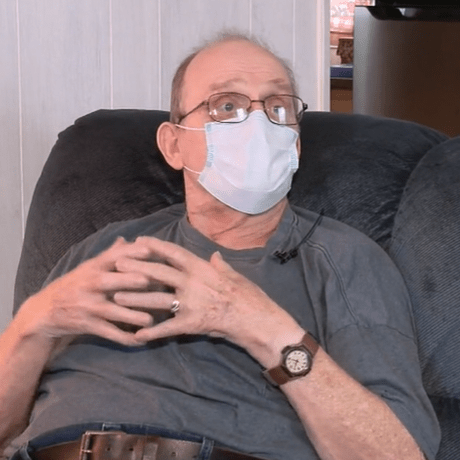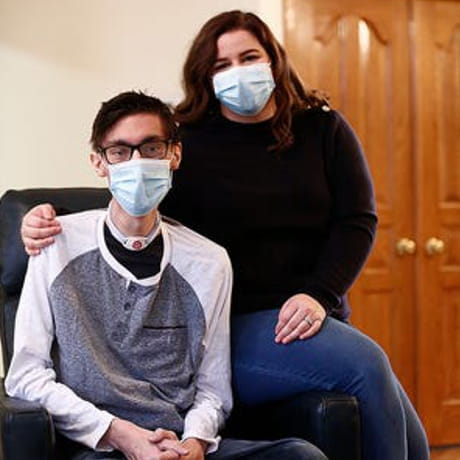Heart Transplant Candidates
Heart Transplant Candidates
Several diseases and conditions may cause heart failure, resulting in the need for a heart transplant:
- Ischemic cardiomyopathy: happens when an artery leading to the heart becomes narrowed or blocked for a short time and oxygen-rich blood cannot reach your heart. In most cases of ischemia, this temporary blood shortage to the heart causes pain in the chest (called angina pectoris). In certain other cases, there is no pain. These cases are called silent ischemia
- Non-ischemic cardiomyopathy: predominately involves the heart's abnormal structure and function. It does not involve the hardening of arteries on the heart surface typically associated with ischemic cardiomyopathy
- Post-partum cardiomyopathy: a rare type of heart failure that is diagnosed in women during the last month of pregnancy or within five months following delivery. The damage weakens the heart muscle and causes the heart to become enlarged. As a result, the heart can’t pump blood properly throughout the rest of the body
- Malignant arrhythmias: abnormal electrical signals in the heart that cause impairment, preventing the heart from beating in an organized rhythm and may cause sudden cardiac death
- Intractable angina: debilitating chest pain or discomfort that occurs during exercise and exertion that prevents living a meaningful quality of life and is not treatable by opening up more blood flow to the heart











